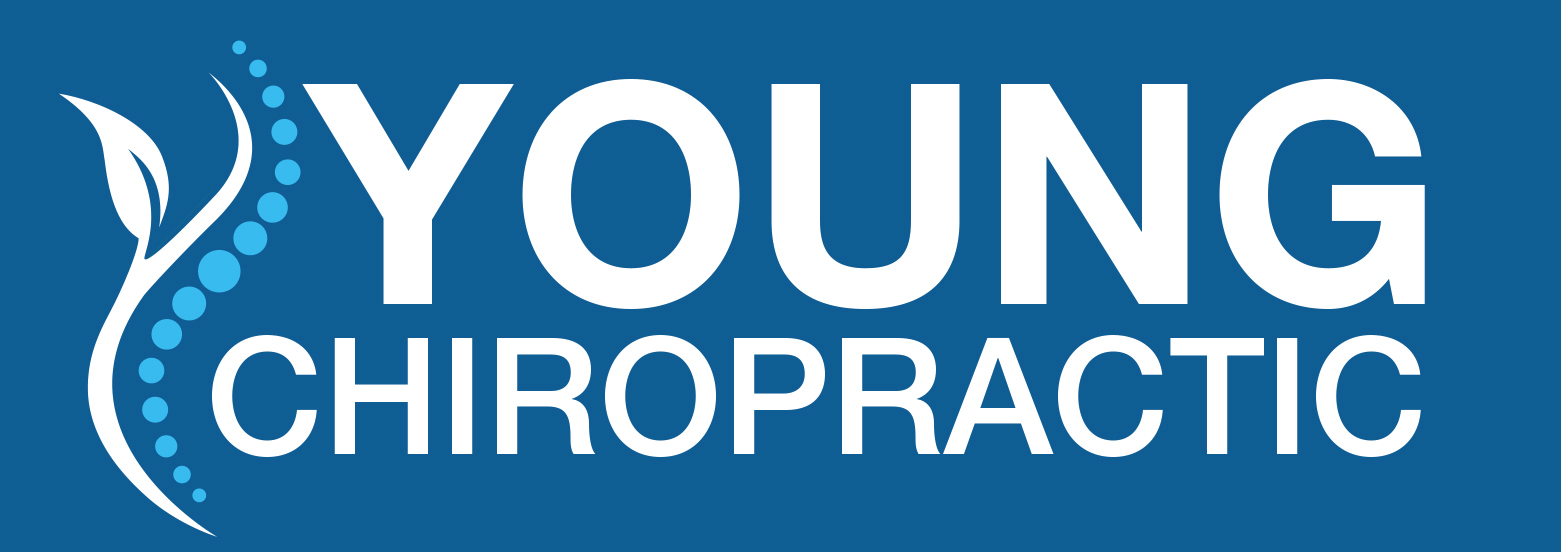Young Chiropractic's chiropractic Treatment Plan May Help Improve Your Balance Control
Do you notice that your balance and equilibrium are not as good as they used to be? If so, you are in good company with many others in Easley, especially if back pain disrupts your life. Back pain disturbs balance mechanisms and can be responsible for falls, falls that lead to injury like a back pain episode, a fracture, a broken bone. Young Chiropractic can help with exercise recommendations and chiropractic treatment for underlying causes of balance issues.
Don't Let Age Fool You
Adolescents who have neck pain are at risk for developing chronic neck pain. Balance is influenced by nociceptors in the ligaments in the cervical spine. When these nociceptors are injured, balance problems may result. Adolescents may have a lower tissue tolerance to induce pain and an associated nociceptive response than do adults, so neck pain in adolescents may well be accompanied by balance problems. (3)
chiropractic balance recommendations are conservative. Young Chiropractic offers a thorough examination to young and older patients which will detect balance control issues, offer suggestions for improving your balance, and tracks any balance improvement as you heal.
Contact Young Chiropractic for a thorough chiropractic examination and treatment plan to include chiropractic spinal manipulation as well as possibly some simple proprioceptive exercises to improve your balance and prevent injury as you go about your activities of daily living in Easley.
References
- Mok N et al: Changes in Lumbar Movement in People With Low Back Pain Are Related to Compromised Balance. Spine 2011; 36(1):E45–E52
- Takamori Y et al: Combined Measurement of Nerve Root Blood Flow and Electrophysiological Values: Intraoperative Straight-Leg-Raising Test for Lumbar Disc Herniation. Spine 2011; 26(1): 57–62
- Weisshaar C et al: Metabotropic Glutamate Receptor-5 and Protein Kinase C-Epsilon Increase in Dorsal Root Ganglion Neurons and Spinal Glial Activation in an Adolescent Rat Model of Painful Neck Injury. J of Neurotrauma 2010;27 (12): 2261-2271
